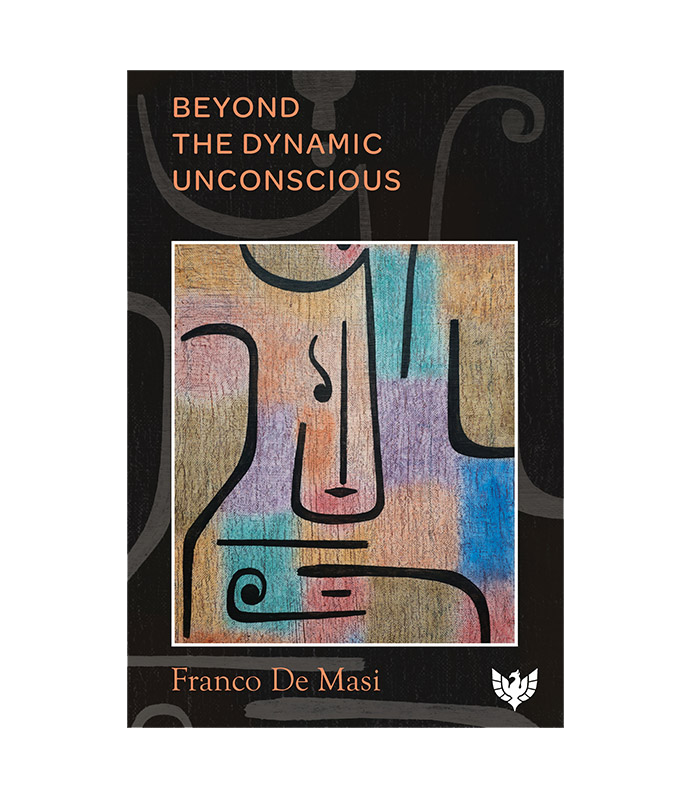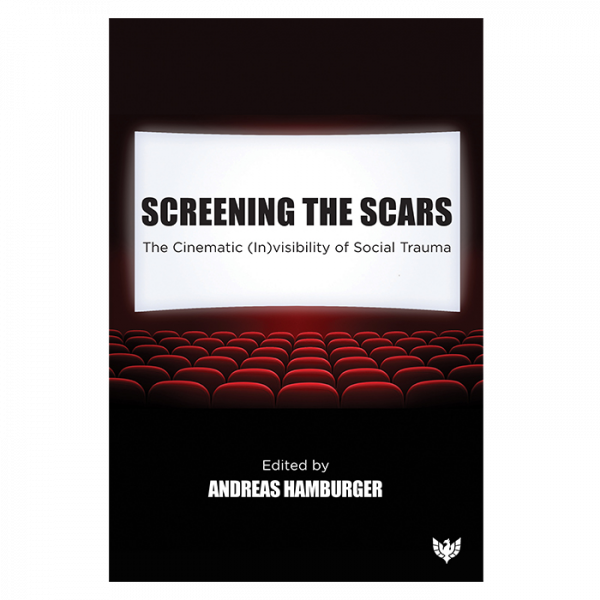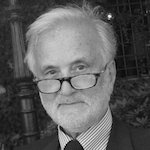From the beginning of psychoanalysis, there have been those considered suited to psychoanalytic therapy and those not. Those ‘suited’ could dream and associate as well as understand and accept the analyst’s symbolic interpretations. Those ‘unsuited’ were either unreceptive to treatment or were psychotic and it was feared that analysis could worsen an already fragile situation.
Throughout his decades of clinical experience, Franco De Masi expanded his work to treat patients considered difficult to analyse. By doing so, he went beyond the territory of the dynamic unconscious into territory where psychic processes outside awareness reside. This inspiring book outlines his journey in two parts. Part I looks at certain aspects of traditional therapeutic work for ‘analysable’ patients. De Masi discusses the relationship between psychoanalytic theories and models; how the analytic perspective of childhood life has changed over the past few decades; the concept of psychic truth; the duration of therapy; analytic therapy in old age; and the concept of the superego. Part II looks beyond the dynamic unconscious and highlights the existence of mental states inaccessible to traditional psychoanalytic methods. Here, De Masi investigates the psychotic mind and unknown spaces.
Building on the revolutionary roots of psychoanalysis, De Masi broadens psychoanalytic practice to include psychic suffering hitherto considered unreachable. Case studies throughout the book illustrate the psychoanalytic theory, making it the ideal read for practising clinicians looking to expand their practice and academics interested in the efficacy of psychoanalysis.





 Franco De Masi, psychiatrist and psychoanalyst, is a full member of the Italian Psychoanalytic Society and a training analyst at the National Training Institute of the same society. Among his publications are Karl Abraham: At the Roots of Analytic Theory (2018), Vulnerability to Psychosis: A Psychoanalytic Study of the Nature and Therapy of the Psychotic State (2009), and Herbert Rosenfeld at Work: The Italian Seminars (2001), which he edited. Other publications include The Sadomasochistic Perversion: The Entity and the Theories (2003), Making Death Thinkable (2006), which was awarded the Gradiva prize for the best Italian book of psychoanalysis in 2003, and Working with Difficult Patients (2015). His latest books include Lessons in Psychoanalysis: Psychopathology and Clinical Psychoanalysis for Trainee Analysts (2023), and A Psychoanalytic Approach to Treating Psychosis: Genesis, Psychopathology and Case Study (2020).
Franco De Masi, psychiatrist and psychoanalyst, is a full member of the Italian Psychoanalytic Society and a training analyst at the National Training Institute of the same society. Among his publications are Karl Abraham: At the Roots of Analytic Theory (2018), Vulnerability to Psychosis: A Psychoanalytic Study of the Nature and Therapy of the Psychotic State (2009), and Herbert Rosenfeld at Work: The Italian Seminars (2001), which he edited. Other publications include The Sadomasochistic Perversion: The Entity and the Theories (2003), Making Death Thinkable (2006), which was awarded the Gradiva prize for the best Italian book of psychoanalysis in 2003, and Working with Difficult Patients (2015). His latest books include Lessons in Psychoanalysis: Psychopathology and Clinical Psychoanalysis for Trainee Analysts (2023), and A Psychoanalytic Approach to Treating Psychosis: Genesis, Psychopathology and Case Study (2020).
Paul Williams, Psychoanalytic Institute of Northern California; former Joint Editor-in-Chief, International Journal of Psychoanalysis; author of Invasive Objects: Minds under Siege and The Fifth Principle Trilogy –
‘Franco De Masi has devoted his career as a psychiatrist and psychoanalyst to the study of the elusive condition of psychosis, and more broadly psychotic thinking, in the full knowledge that we as analysts do not yet have the tools and ideas we need to understand and treat individuals suffering from a psychotic illness. In this original book, De Masi conveys concisely the limitations of the concept of the dynamic unconscious when applied to minds in which the dynamic unconscious has ceased to operate, and guides us into new territory where psychosis has manufactured an alternative reality. The creation of a replacement reality and how to think and talk about it is of the greatest importance for anyone working with severe disturbance.’
John Steiner, Training Analyst, British Psychoanalytical Society –
‘Franco De Masi, Italy’s foremost researcher in psychotic mechanisms, has written an outstanding account of his work which encompasses many areas but especially illuminates the thinking of patients who are normally viewed as unsuitable for psychoanalysis. All those working in therapy and analysis will find his ideas interesting and important, but so too will the more general reader concerned with the working of the mind. This book can open a path for psychoanalysis towards a territory beyond the dynamic unconscious for those patients who are unaware of themselves and their own psychic processes and are therefore difficult to reach.’